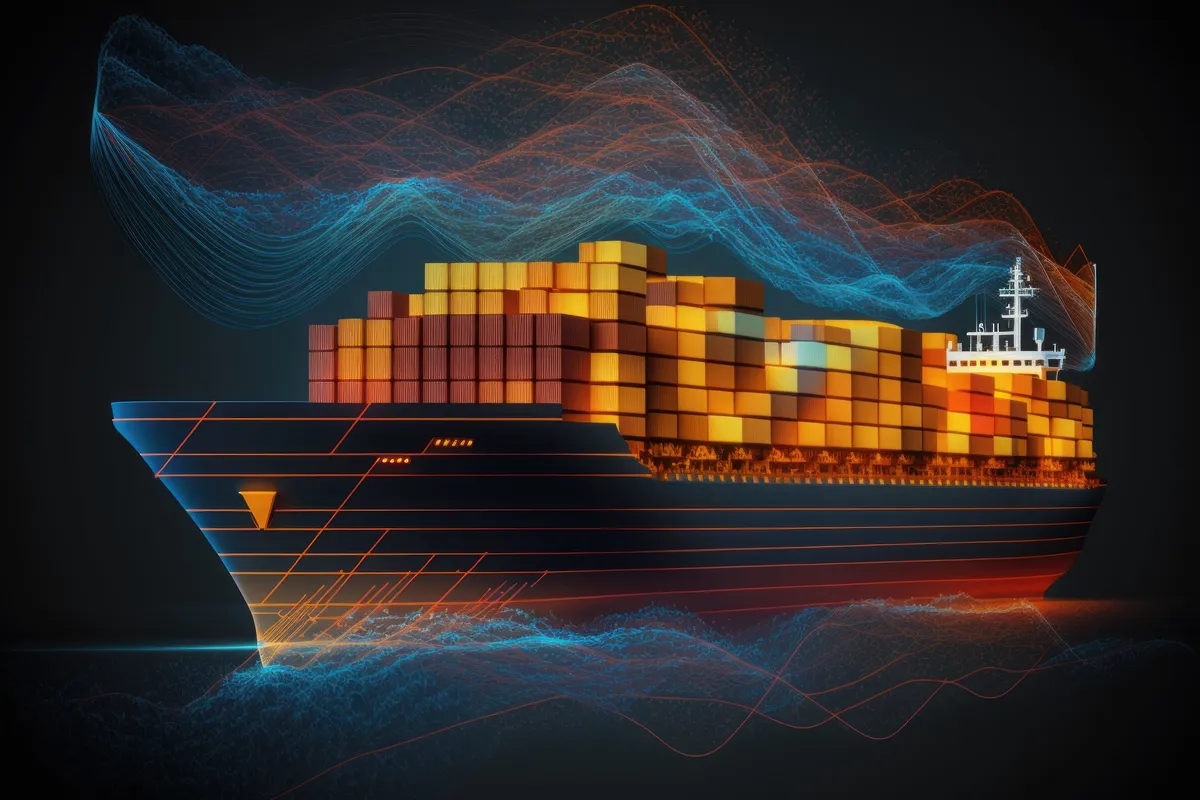The ocean's health is at risk, primarily due to the pervasive issue of marine plastic pollution. Recognizing this, the Marine Environment Protection Committee (MEPC), under the auspices of the International Maritime Organization (IMO), has been instrumental in catalyzing global action against this crisis.
Their commitment was reinforced with a pressing document issued on January 26, 2024, which provided a follow-up to the actions needed to achieve the organization's vision of zero plastic waste discharged to sea by 2025. Their comprehensive approach not only targets immediate pollution sources but also lays down a roadmap for long-term marine conservation efforts.
The Legal Framework: A Commitment to the Seas
A cornerstone of the MEPC's strategy involves the implementation and enforcement of international laws designed to curb the release of plastics by maritime activities. Key regulations include updates to the MARPOL Annex V, which strictly limits the disposal of garbage from ships, and the introduction of specific guidelines for the management of fishing gear, a notable contributor to marine debris.
Significant efforts were mentioned in the January 2024 document, emphasizing the need for improved understanding of ships' contribution to marine plastic litter and the development of rope maintenance, replacement, and recycling standards.
Important Dates in the Fight Against Marine Plastic Pollution
- 2021: The MEPC adopted amendments to strengthen the regulatory framework for garbage management plans, emphasizing the reduction of plastic usage aboard ships.
- 2023: A significant milestone was the global agreement on enhancing port reception facilities to ensure the proper disposal of ship-generated waste, preventing it from ending up in the ocean.
The year 2025 is marked as a critical deadline for completing the measures in the Action Plan as well as for the target of SDG 14 to prevent and significantly reduce marine pollution of all kinds.
Innovations and Technologies: Steering Towards a Cleaner Future
Advancements in waste management technologies onboard, such as compactors, digesters, and advanced recycling processes, are making it easier for ships to manage their waste more effectively. In parallel, the industry is witnessing a surge in biodegradable alternatives for ship supplies, from packaging to onboard amenities, significantly reducing potential plastic waste.
Additional sources of microplastics from ships, such as grey water and antifouling paints, were identified, urging action to regulate and manage these pollutants effectively.
The Path Ahead: Challenges and Opportunities
Despite the strides made, the journey towards completely eliminating marine plastic pollution is fraught with challenges. Enforcement of existing laws, monitoring compliance, and fostering a culture of sustainability within the maritime industry remain pivotal.
The January 2024 document underscores the urgency for continued efforts to close the gaps in understanding and regulating microplastic pollution from ships. Furthermore, enhancing international collaboration and support for developing nations in implementing these regulations is crucial for global progress.
Read more:
IMO published a guide for tackling plastic waste through port facilities
IMO advances measures for safe transport and cleanup of plastic pellets on ships
For more information, please see the documents below (available only to subscribers):
FOLLOW-UP WORK EMANATING FROM THE ACTION PLAN TO ADDRESS MARINE PLASTIC LITTER FROM SHIPS

Sign up for our newsletter
Your most up-to-date maritime regulations news
It's free. No spam. Cancel anytime.









Related News
Most important regulatory news published in the last week
Jan 21, 2025
Isle of Man: Key changes to marine casualty reporting
Jan 17, 2025
Updated IMO guidelines for GMDSS radio installations on SOLAS ships
Jan 17, 2025